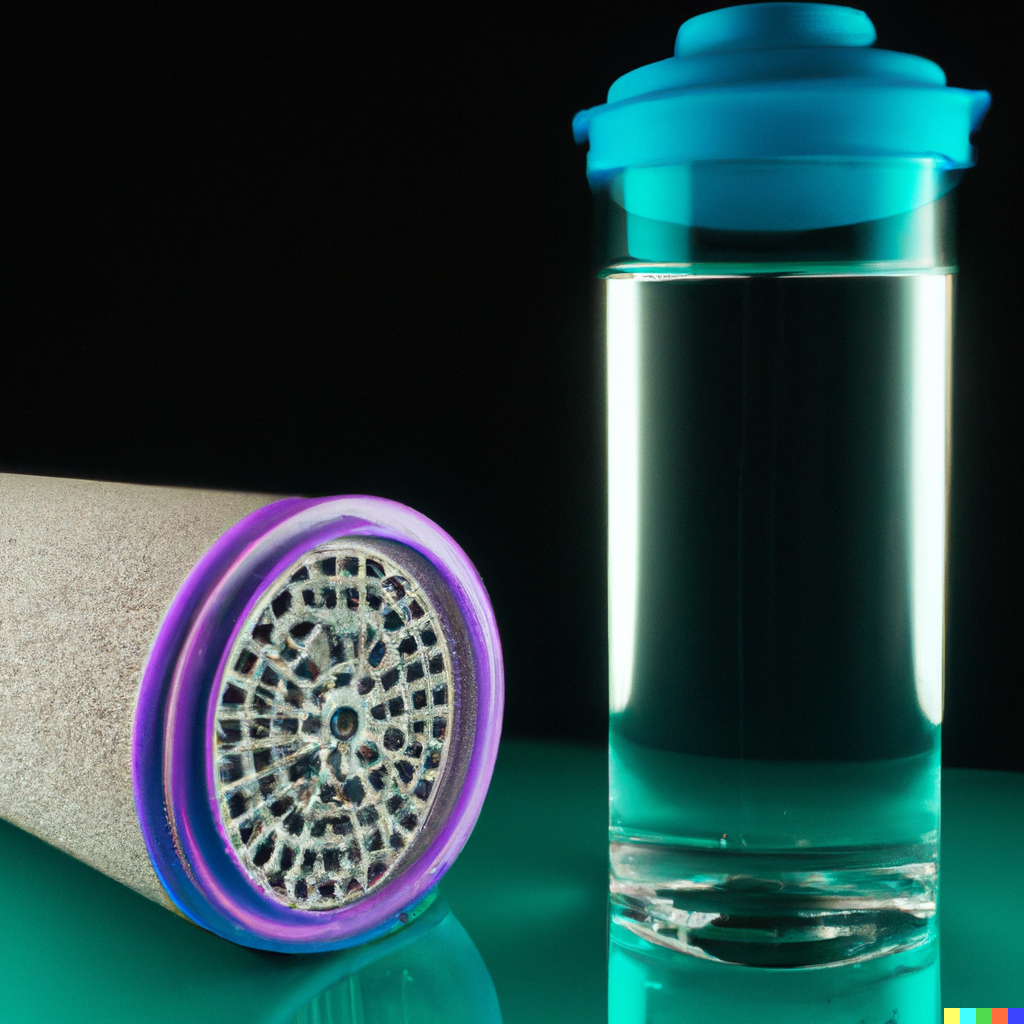
In the realm of water purification, the choice between RO (Reverse Osmosis) and UV (Ultraviolet) technology is crucial for ensuring the safety and quality of drinking water. Understanding the nuances between these two systems is vital, especially in a country like India where water contamination is a significant concern. Let’s delve into the specifics of RO and UV technology to help you make an informed decision tailored to your needs.
Understanding RO and UV Technology:
1. RO (Reverse Osmosis): RO technology is highly effective in reducing mineral content in water. In areas where water is laden with minerals, an RO water purifier acts as a savior, ensuring that you receive water free from excess salts and impurities. However, it’s important to note that RO systems tend to waste water, making them less environmentally friendly. Therefore, it’s wise to consider the Total Dissolved Solids (TDS) level in your water source before opting for RO purification.
2. UV (Ultraviolet) Purification: UV technology, on the other hand, is specifically designed to eliminate bacterial contamination. It uses ultraviolet rays to deactivate the DNA of bacteria, viruses, and other pathogens, rendering them harmless. UV purifiers are excellent at ensuring water is free from harmful microorganisms, making them a popular choice in places where bacterial contamination is a primary concern.
Why Consider RO Over UV, and Vice Versa:
The Boon Advantage:
One of the common issues faced with UV purifiers is the failure of the UV bulb, which often goes unnoticed by the end user. Boon water purifiers tackle this problem with innovation. Boon’s advanced purifiers not only monitor both UV and RO technologies but also optimize their usage based on your water source. This means you get the benefits of both technologies without worrying about individual failures.
Consideration Beyond Technology:
Apart from the purification method, factors such as water quality, availability, and environmental impact should influence your decision. If your water source has a good TDS level and bacterial contamination is not a significant concern, opting for a UV purifier might be a more sustainable choice.
In conclusion, understanding the specific needs of your water source is key to choosing the right purification technology. With Boon water purifiers, you can rest assured that your water is not only purified effectively but also optimized intelligently, ensuring you and your family receive safe and healthy drinking water tailored to your requirements.